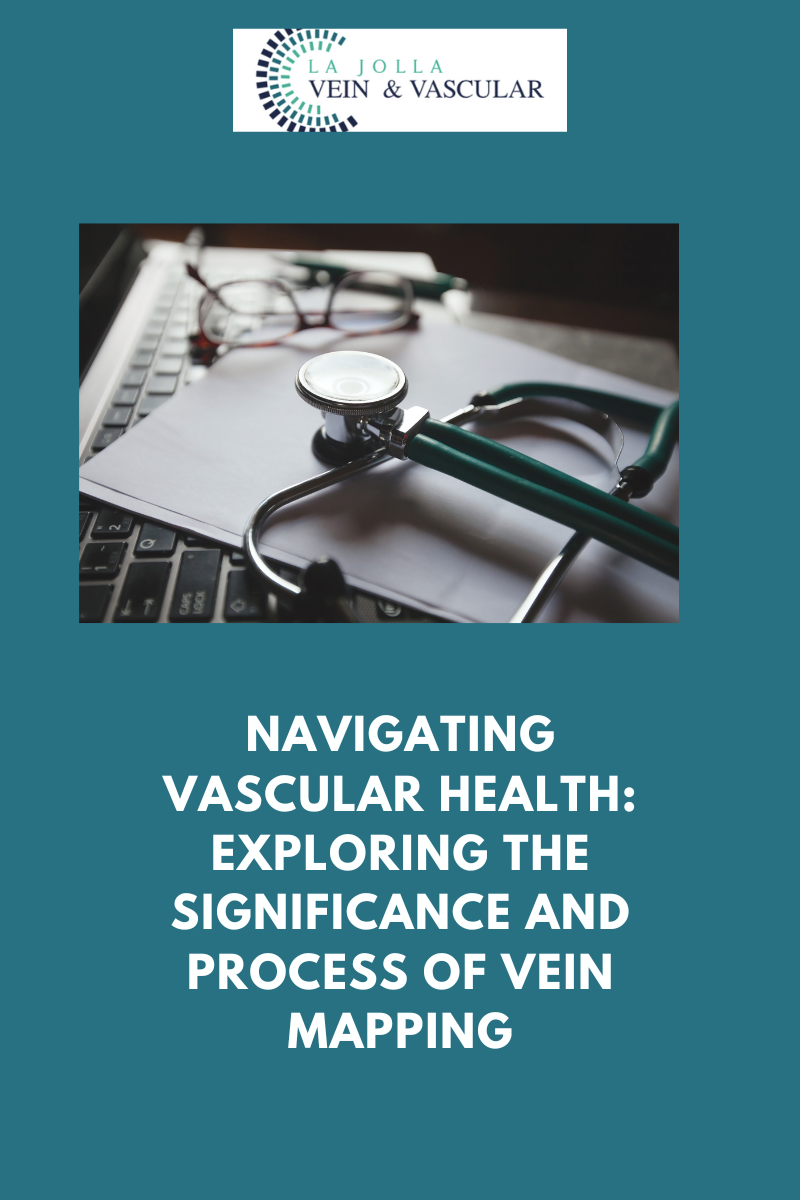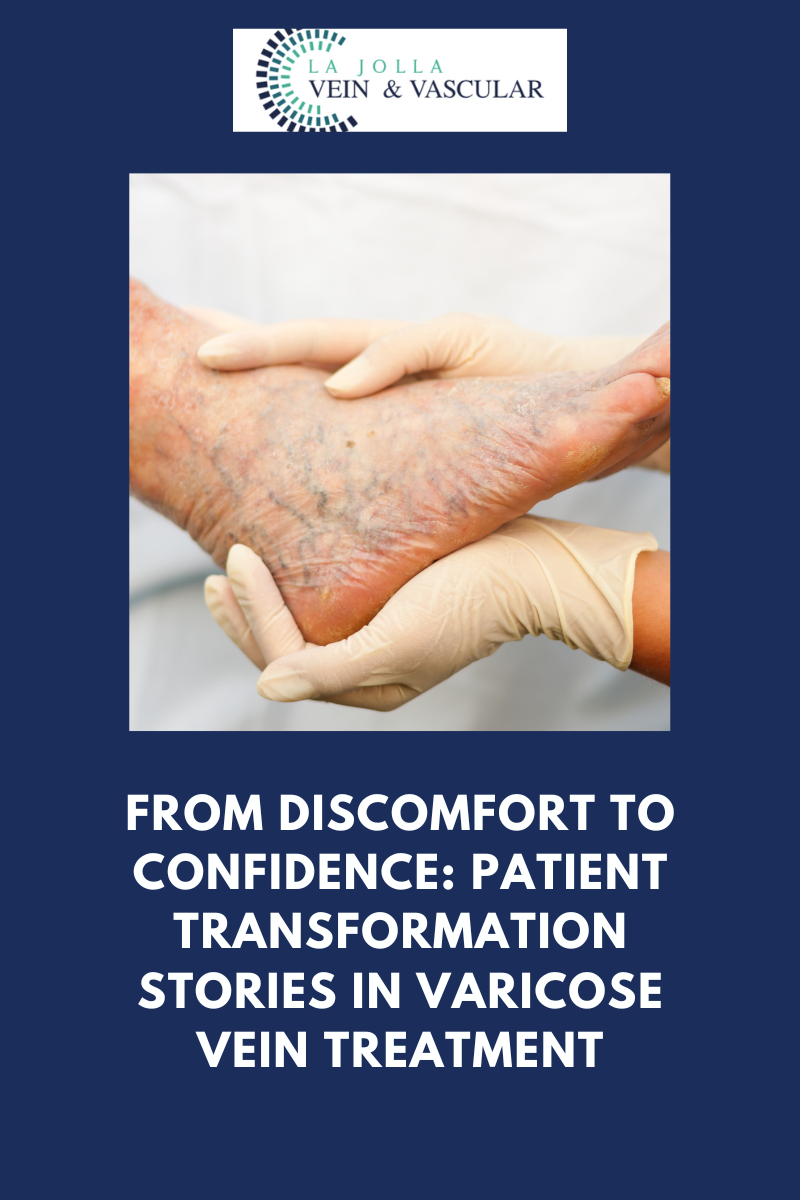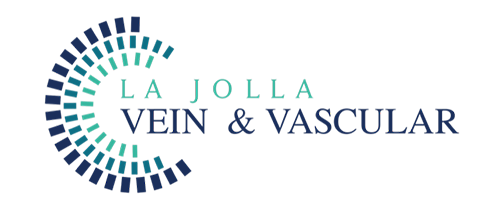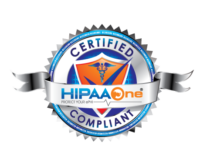How to Manage Varicose Vein Pain at Home
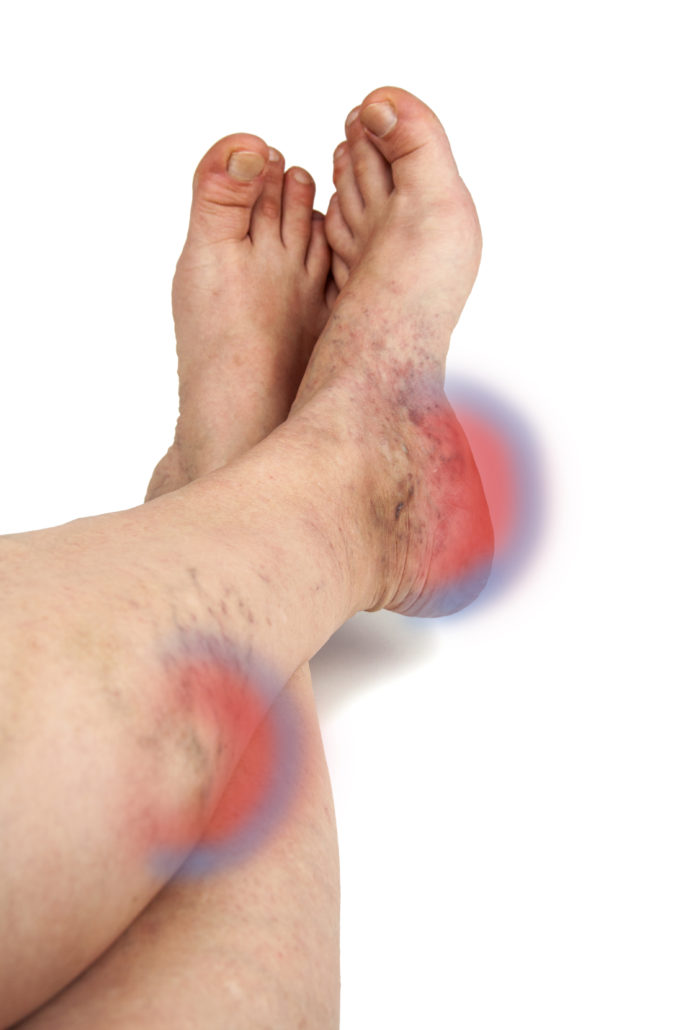
While venous interventions are the best way to alleviate long-term pain related to varicose veins, symptoms can be managed conservatively at home. Especially under the stay-at-home safe harbor orders. Conservative management can be helpful to relieve symptoms and also prevent complications (such as thrombophlebitis). These include:
- Avoid standing or sitting for long periods of time: To keep blood moving when you have to sit or stand for long periods, try these tips: at work, take walking breaks and try walking during your lunch hour. While sitting, try flexing your feet up and down 10 times an hour. When standing, raise yourself up and down on your toes or rock back and forth on your heels.
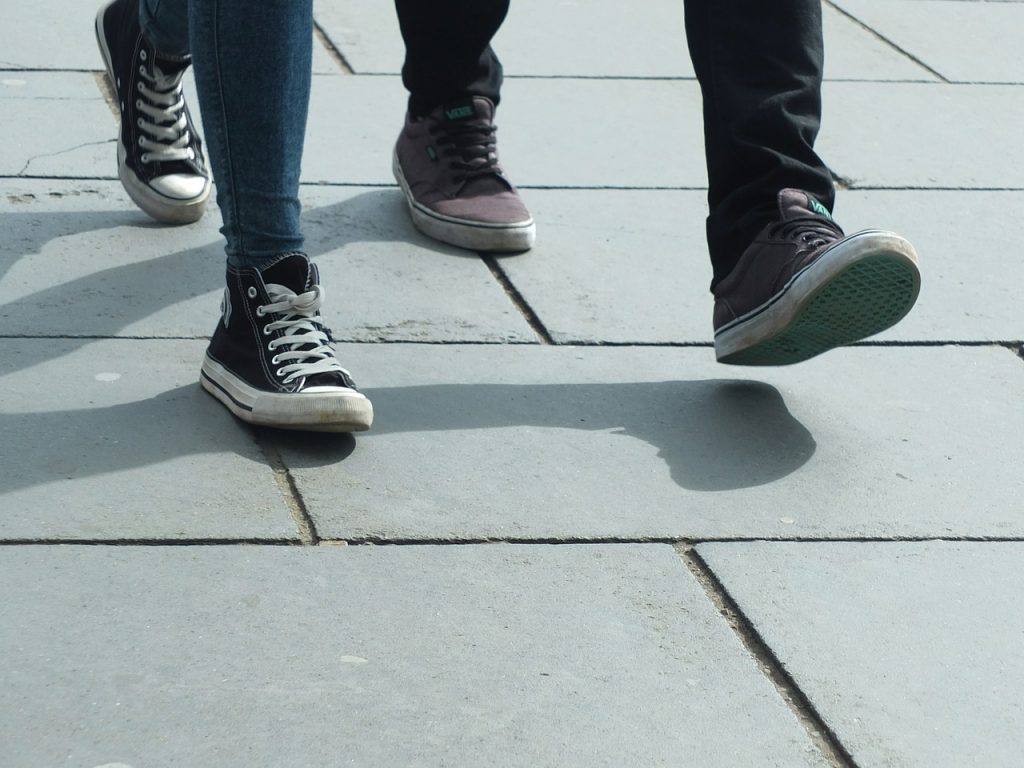
- Exercise: Exercising is good for your veins because it improves blood flow. Walking, cycling or swimming are great exercises for vein health. But be sure to check with your doctor before starting any exercise program.
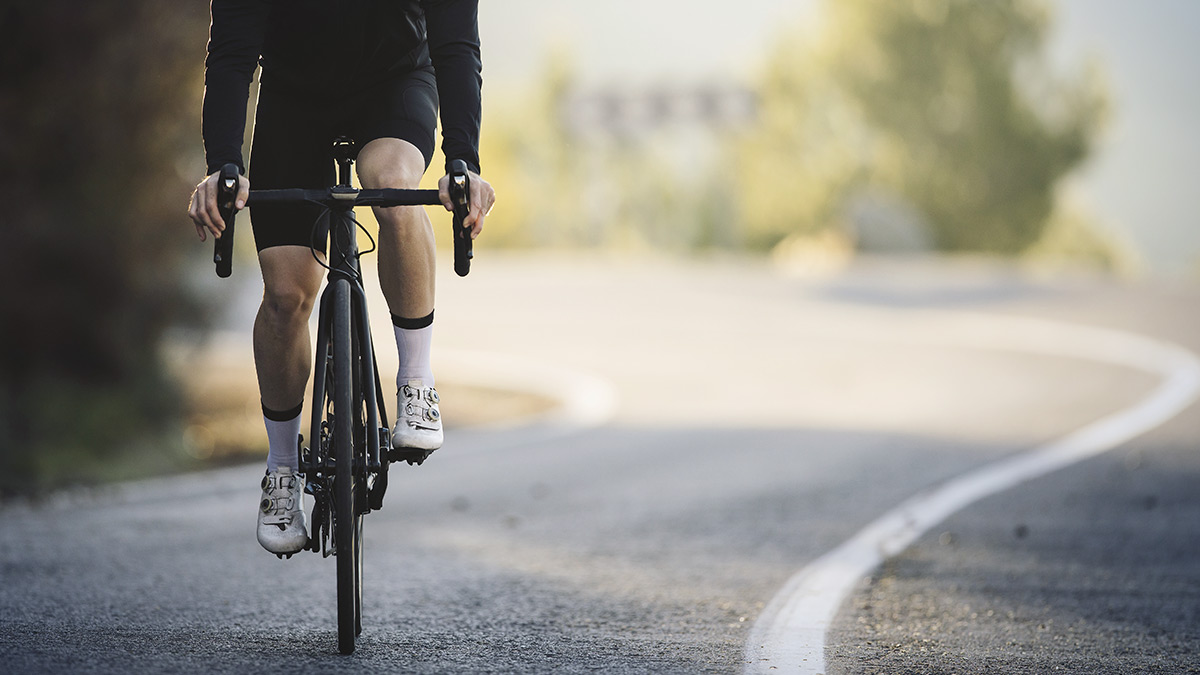
- Weight loss or maintaining a healthy weight: Being overweight puts extra pressure on your veins.
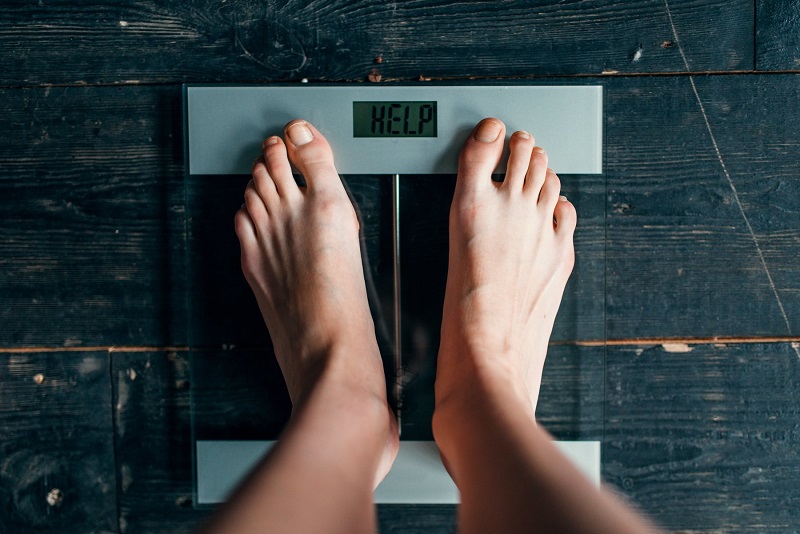
- Leg elevation: Use leg elevation three or four times a day for about 15 minutes at a time. Even elevating your legs on a step stool or ottoman is beneficial. If you need to sit or stand for a long period of time, flexing (bending) your legs occasionally can help keep blood circulating. If you have mild to moderate varicose veins, elevating your legs can help reduce leg swelling and relieve other symptoms.
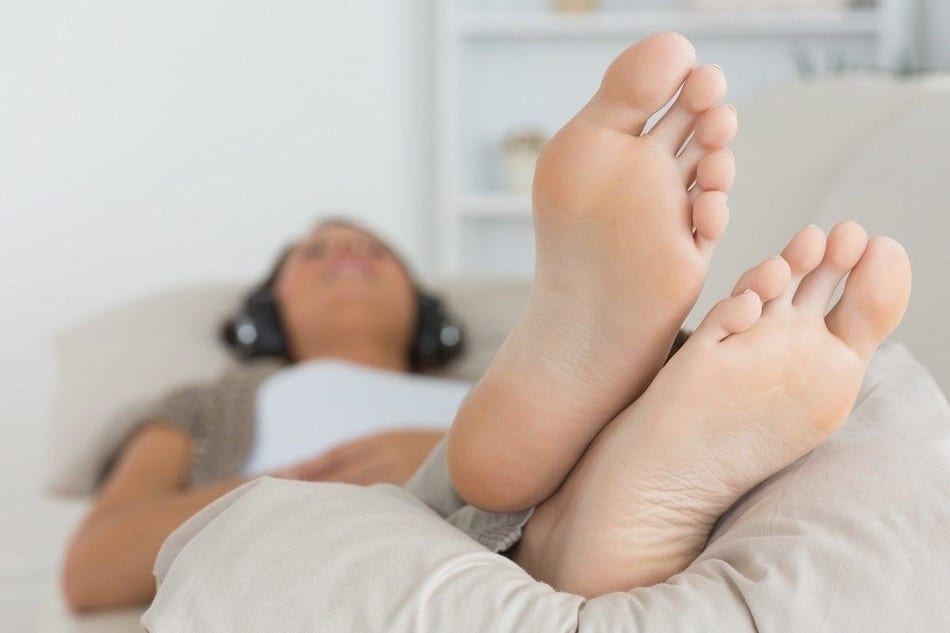
- Compression stockings: These elastic stockings squeeze or compress the veins and prevent blood from flowing backward. Compression stockings must be graduated, medical-grade compression to be beneficial. TED hose are not adequate to reduce symptoms in venous disease for active patients. Although we typically recommend being fit for compression stockings, compression stockings can be purchased at home, from online resources. Email us if you would like suggestions.
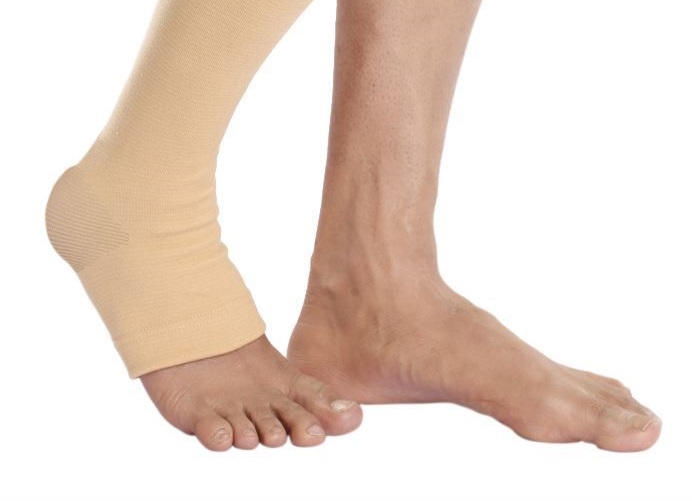
- Supplements such as horse chestnut and grape seed extract can help reduce symptoms of venous disease. Vascular is a prescription medication that may be helpful for some. Always check with your PCP before starting supplements or new medications as there may be side effects.
- A flavinoid-rich diet including berries, green teas can reduce inflammation and pain.
- Anti-inflammatory medications such as ibuprofen
- ice packs are my favorite way of reducing painful veins. Put ice cubes in a ziplock bag and apply to tender veins.
- Anti-inflammatory creams can be prescribed to apply directly to painful veins.

